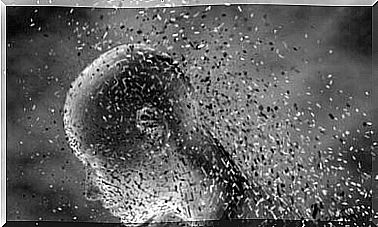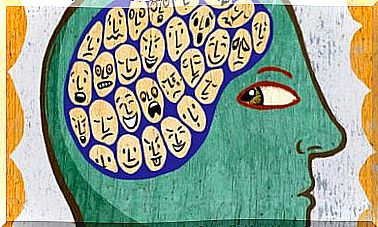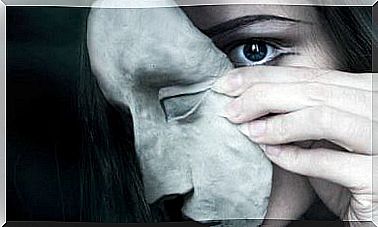Constructivism: How Do We Construct Our Reality?
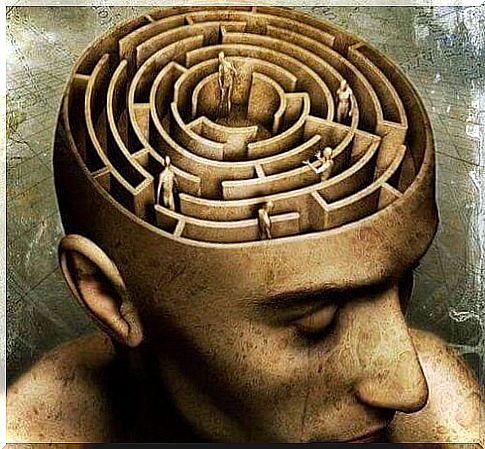
Philosophers and scientists have long been asking questions about how we perceive reality and how we gain knowledge. This falls under the philosophy of science. These are each closely related to ontology (the doctrine of “being”) and epistemology (the doctrine of knowledge). In this article we are going to talk about one movement within philosophy and how it tries to answer the above questions. This movement is constructivism. The accompanying theory provides us with an interesting lens through which to look at psychology.
Before we talk about constructivism, let’s discuss its history and origins. To keep things somewhat simple, we will try to clarify the problem in two ways. First, we discuss what precedes the acquisition of knowledge. Second, we look at what precedes the perception of reality.
How do we obtain knowledge?
Empiricism
Where do our ideas and mental images come from? The classical theories that answer these questions are divided into two areas: empiricism and innate. You may have heard of the nature-nurture debate . That comes down to the same thing.
Empiricism is based on the fact that all our knowledge comes from experience. Our environment provides us with even the smallest and simplest ideas. These are later absorbed by our brain, after which we internalize them.
The assumption of this view is that knowledge exists completely outside ourselves and enters our thoughts. Perhaps this comes from others or from reality itself, which the individual then copies. Empiricism is a theory very much in line with common sense. Psychology is actually based on this. This was different in the past, but today all theories and hypotheses are tested empirically. Nothing is assumed without evidence from research.

Innate knowledge
On the other side of the coin is the assumption that all our knowledge is innate. This assumption arose from the fact that empiricism seemed to have insufficient power. We can accept that a large part of our knowledge is drawn from external sources. However, it is no less true that we are also born with some inclinations and knowledge. For example, our ability to speak is innate and so is our empathy.
This movement thus has its origin in the hypothesis that knowledge does not arise from experience. This knowledge — or programming — is needed to organize our experiences, for example. Just think of how we organize things by location, time and numbers.
The problem with this is that it falls short when asking for explanations about the origin of knowledge. Nor can it explain why certain types of knowledge only occur at specific times. Moreover, it does not explain why there are differences between individuals. Constructivism strives to solve this problem and the inadequacy of empiricism.
Constructivism starts with the principle that knowledge is the result of a continuous interaction between the individual and reality, i.e. the environment. The individual is a kind of intuitive scientist. He collects data about his reality and interprets his environment. These interpretations in turn help him create his own world. In this way, these interpretations also serve as a kind of basis for subsequent interpretations.
How do we perceive reality?
This is also one of the big questions surrounding this issue. A number of possible answers have been suggested. The most intuitive response to this — and the first in documented history — introduces us to realism. From this perspective, we think we perceive reality exactly as it is. Our thoughts and senses have no influence whatsoever on the reflection of this that forms in our head. So what we see, hear and touch is exactly what it looks like. Everyone perceives this in the same way according to realism.
Realism soon collapsed under its own weight. Many philosophers realized that the senses do not perceive reality perfectly. Descartes and Hume, two prominent figures in philosophy, went so far as to say that it is impossible for a reality to exist after it has passed our senses. From this follows another possible solution: the senses give us an inaccurate picture of reality. We no longer observe reality directly. Thus we can say that in principle we only see a kind of shadow of reality.
Flaws of realism
However, this theory also has its flaws. Even though we all have the same senses, they don’t perceive everything in the same way. Moreover, we do not even take into account people with sensory deficiencies, such as visually impaired or hearing impaired people. So it seems that the shape of this shadow of reality depends on who is looking at it. This is where constructivism dictates that our perception is not the only reflection of reality. It’s all a bit more complicated than that.
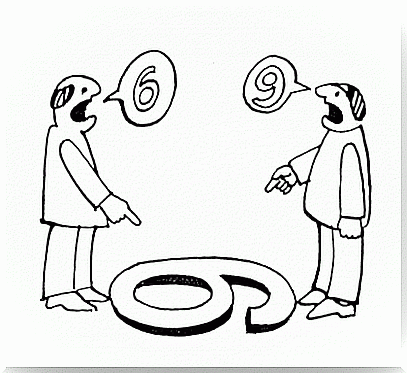
According to constructivism, our senses give us information about reality. However, this information is too chaotic for our brains. That’s why the brain has to structure it so that it becomes accessible, because that’s the only way we can process it. To achieve this, it categorizes the unstructured information based on concepts and types of interpretations. Reality as it actually is is inaccessible to us.
Constructivism and socio-constructivism
In short, we can see constructivism as an epistemological postulate. In other words, it is an assumption based on experience. In this, we are the active traders who make our perception possible, even though we do not receive an exact copy of the world.
We are the ones who, through our perceptions, shape the world inside and outside ourselves. Well, if each of us is an active trader who sets up our own reality, how come most people have a similar view of reality?
To find an answer to this, we can turn to a psychologist named Vygotsky. His socio-constructive theory is particularly relevant and based on culture. Even though each of us builds our own world, we are all born into a society and culture that guides us.
When we are born and immersed in a particular culture, it doesn’t just guide our interpretations. It also lends us a host of mental, observational constructs to build upon. We have evidence to support this assumption. Thus, our reality constructs would resemble the constructs of others from our own culture. Meanwhile, they would be more different from constructs of people from other, remote cultures.

Conclusion
In conclusion, all ideas, knowledge and theories are social constructs. The reality is unknown to us. Even physical laws are part of social constructs and share a conceptual framework. Thus, science would no longer explain and predict the twists and turns of reality. Instead, it would explain and predict our shared reality construct.
These claims have caused several revolutions in the history of psychology and other sciences. Thanks to socio-constructivism, many specialties within psychology have shifted paradigms. In this way, the horizon within the discipline has been able to broaden. Now the question: is constructivism the right answer, or do we have more to learn?
